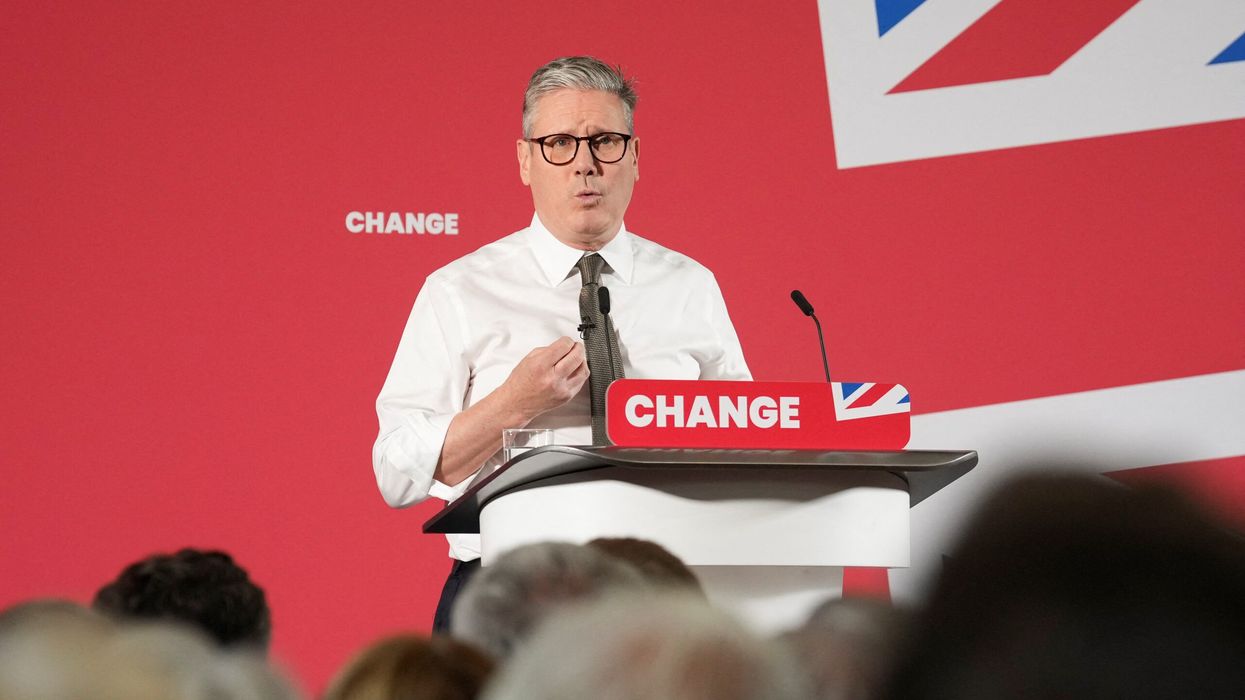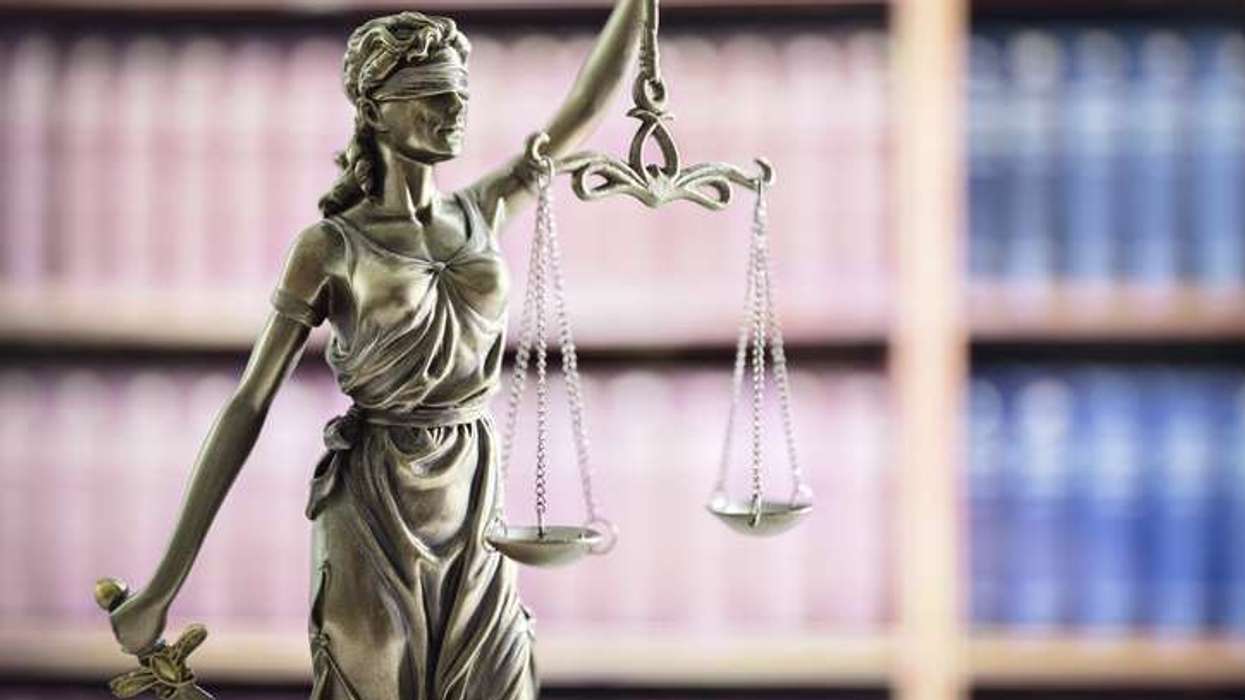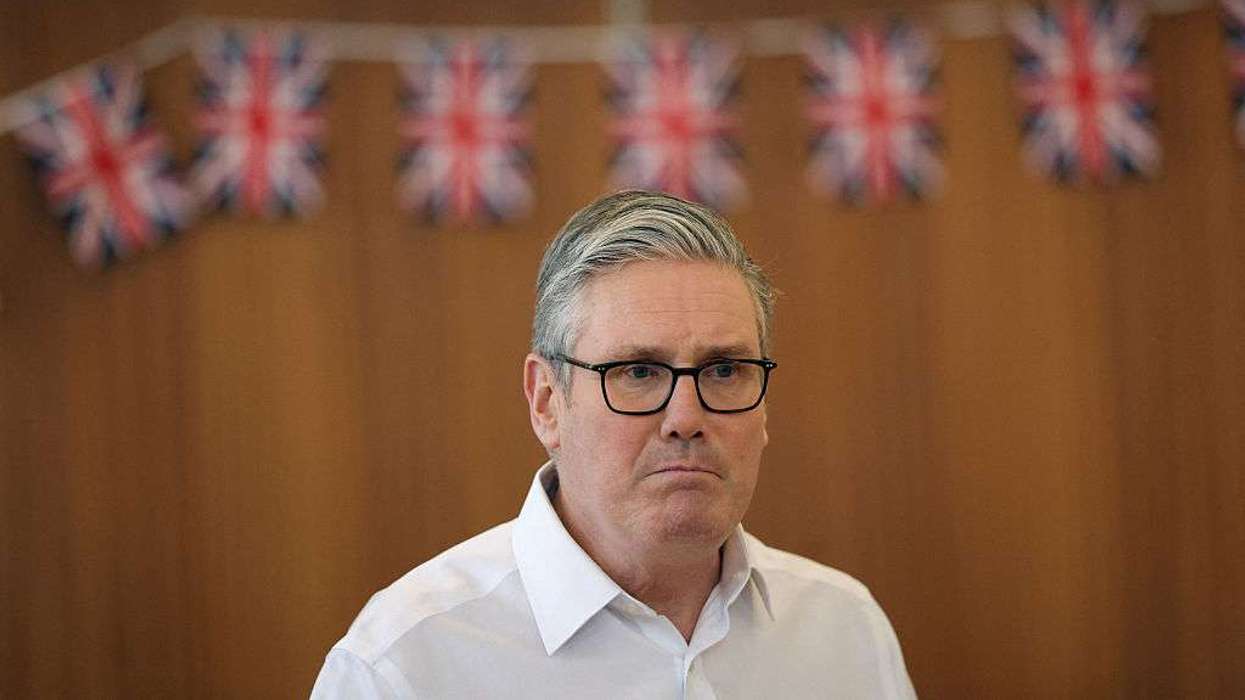THE GOVERNMENT on Sunday announced measures to support carmakers in their shift to electric vehicles, as the auto industry faces pressure from new international trade rules.
Washington recently introduced new tariffs, including a 25 per cent levy on vehicles imported into the United States, impacting global carmakers.
UK manufacturer Jaguar Land Rover said on Saturday that it would pause shipments to the US in April while it reviews the new trading conditions.
Prime minister Keir Starmer said on Sunday that he was ready to step in to support affected industries, and later announced a plan to help the UK auto sector.
As part of the plan, the government confirmed that all petrol and diesel car sales will end by 2030, with hybrid vehicles allowed until 2035. Small manufacturers will be exempt from the targets.
The government said it would ease rules on how manufacturers can meet the 2030 target.
Under the new guidelines, carmakers can fall short of annual electric vehicle production targets until 2026, as long as the shortfall is recovered by 2030.
“Global trade is being transformed so we must go further and faster in reshaping our economy and our country,” said Starmer.
“So today I am announcing bold changes to the way we support our car industry.
“This will help ensure home-grown firms can export British cars built by British workers around the world,” he added.
The measures will exempt small and micro-volume manufacturers, including brands like McLaren and Aston Martin, from the targets. Vans with internal combustion engines can be sold until 2035.
The government has already allocated £2.3 billion to support electric vehicle production.
It said support for the industry, which employs 152,000 people and contributes £19 billion a year to the economy, would be reviewed as the impact of the new tariffs becomes clearer.





